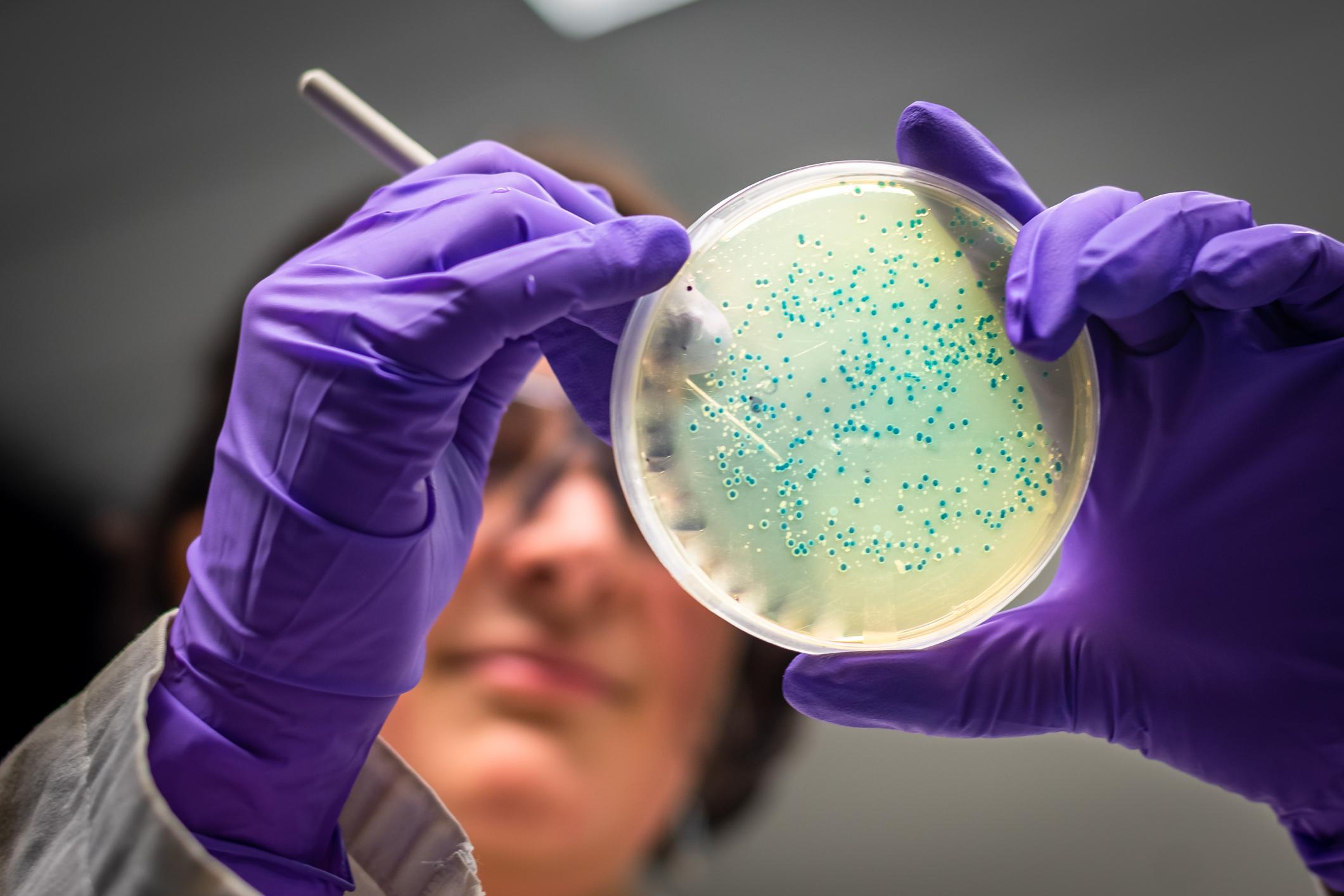A British study has found a recipe based on garlic, onion and wine in a book written between the end of the 9th century and the beginning of the 10th century, which it considers to have powerful antibacterial activity.

- The potion has shown excellent results in suppressing biofilms, a particularly stubborn form of bacterial colonization that is resistant to conventional antibiotics.
- The key to the success of this elixir lies in the combination of all these ingredients.
Make something new with something old. British researchers from the School of Life Sciences at the University of Warwick have discovered in a grimoire dating from the early Middle Ages a recipe that has powerful antibiotic effects against resistant bacteria. The recipe is a mixture of onions, garlic, wine and bovine bile salts. The book is called Bald’s Leechbook, and was written between the end of the IXand century and the beginning of the tenthand century. The scientists published the results of their research in the journal Scientific Reports July 28.
The combination of ingredients, the key to success
The potion has shown excellent results in suppressing biofilms, a particularly stubborn form of bacterial colonization that is resistant to conventional antibiotics. The elimination of a biofilm thus normally requires 100 to 1,000 times longer than for bacteria circulating freely. Each of the ingredients naturally have antibacterial properties. Garlic and onion, for example, contain allicin, a sulfur compound that plants use to defend themselves against insects and predators.
The key to the success of this elixir lies in the combination of all these ingredients. “Conventional medicines are often based on a single active ingredientnotes Freya Harrison, principal researcher of the study. Traditional remedies often use mixtures of plants or other natural substances. The synergy probably results from the molecules that optimize the mutual activity of the different compounds, or else from the different mechanisms of action of each of the ingredients. By purifying individual compounds to obtain easily quantifiable and characterized treatments, we may be losing vital natural product interactions in the original mix that prevent side effects or toxicity..”
Drawing from old books, a known practice
The book Bald’s Leechbook is a little nest of medicinal recipes. Kept in the British Library in London, it is one of the oldest known medical books. Recipes for ointments or even concoctions are legion. We can note a recipe based on a mixture of eggs, wine and fennel for chilblains and an aphrodisiac based on wintergreen boiled in milk.
Other examples of old recipes that have been highlighted for their effectiveness abound. The team of researchers led by Freya Harrison is not at its first attempt. In 2015, they found the effectiveness of an onion-based potion, “Bald’s eye drops”, against Staphylococcus aureus. In China, artemisinin, an antimalarial derived from mugwort, was discovered after reading ancient texts.
.
















